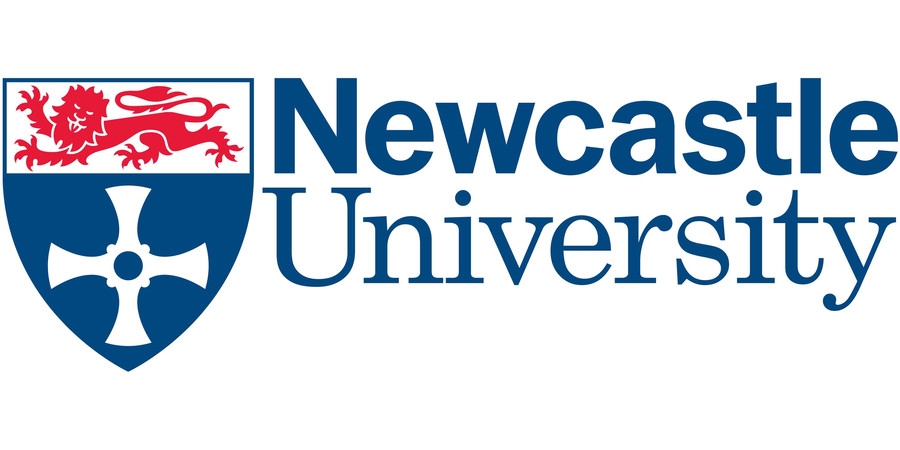PhD Studentship: Exploring Confined Molecular Transport for Next-Generation Fluidic Innovations (Students World-wide)
Newcastle University
| Qualification Type: | PhD |
|---|---|
| Location: | Newcastle upon Tyne |
| Funding for: | UK Students, EU Students, International Students |
| Funding amount: | £20,780 - please see advert |
| Hours: | Full Time |
| Placed On: | 18th November 2025 |
|---|---|
| Closes: | 16th January 2026 |
| Reference: | DLA2617 |
Award summary
100% fees covered, and a minimum tax-free annual living allowance of £20,780 (2025/26 UKRI rate). Additional project costs will also be provided.
Overview
The exploration of molecular transport at small scales is less studied compared to its electronic counterpart. However, significant progress has been made in the last decade, particularly in creation of nanometer-sized artificial capillaries, which have opened new research frontiers in nanofluidics. Now is the perfect moment to move beyond traditional molecular transport measurements and pioneer experiments that probe the physics of molecular transport. This PhD project will focus on creating confined interfaces to investigate the physics of both static and dynamic molecules. Further details: gtr.ukri.org/projects?ref=MR%2FX03660X%2F1
The student will gain expertise in nanofabrication, microscopy, and electrokinetic measurements, along with potential involvement in electrical and spectroscopic techniques. This project offers extensive training, providing students with the skills to excel in both academia and industry.
Number of awards: 1
Start date: 1st October 2026
Award duration: 4 years
Sponsor: EPSRC
Supervisors: Dr. Vasu Kalangi
Eligibility criteria
We are adopting a contextual admissions process. This means we will consider other key competencies and experience alongside your academic qualifications. An example can be found here.
A minimum 2:1 Honours degree or international equivalent in a subject relevant to the proposed PhD project is our standard entry, however we place value on prior experience, enthusiasm for research, and the ability to think and work independently. Excellent Analytical skills and strong verbal and written communication skills are also essential requirements. A Masters qualification may not be required if you have a minimum 2:1 degree or can evidence alternative experience in a work or research-based project. If you have alternative qualifications or experience, please contact us to discuss flexibilities and request an exemption.
Applicants whose first language is not English require an IELTS score of 6.5 overall with a minimum of 5.5 in all sub-skills. International applicants may require an ATAS (Academic Technology Approval Scheme) clearance certificate prior to obtaining their visa and to study on this programme.
How to apply
Please read and complete this document as your Personal statement, and upload this with your application. Applications which do not include this document will not be considered. Further details can be found here.
You must apply through the University’s Apply to Newcastle Portal
Once registered select ‘Create a Postgraduate Application’.
Use ‘Course Search’ to identify your programme of study:
- Search for the ‘Course Title’ using the programme code: 8839F
- Select PhD Physics Experimental (Full Time) as the programme of study
You will then need to provide the following information in the ‘Further Details’ section:
- A ‘Personal Statement’ (this is a mandatory field) – Use this template.
- The studentship code DLA2617 in the ‘Studentship/Partnership Reference’ field.
- When prompted for how you are providing your research proposal - select ‘Write Proposal’. You should then type in the title of the research project from this advert. You do not need to upload a research proposal.
You must submit one application per studentship; you cannot apply for multiple studentships on one application.
Contact details:
Dr Vasu Kalangi nvk44@newcastle.ac.uk.
You can also contact: doctoral.awards@ncl.ac.uk for independent advice on your application.
Advert information
Type / Role:
Subject Area(s):
Location(s):









